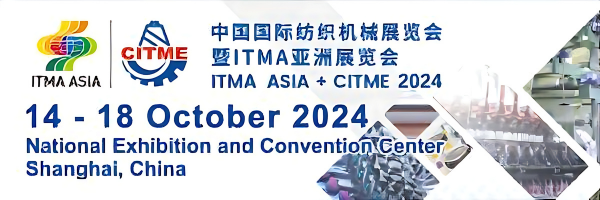The material in everything from the clothes you wear to your favourite room was created by textile engineers. If you like the idea of developing and testing synthetic and natural fibers to make new material, then this career path may be for you.
Getting Your Diploma
A textile engineer uses their science and math background to look at different types of fabrics. Some of your coursework might include chemical manufacturing, industrial engineering, computer science, and molecular synthesis.
That will prepare you for this exciting career. To be successful in this field, you’ll want to have a strong scientific and mathematical background. That will give you the skills you need to improve current fibers and develop new fabrics. Having creativity and critical thinking skills will help you do well.
You’ll also want to be able to manage several projects and work in a team to be successful.
As with many college programs, the diploma levels can vary. You might enter a two-year program or go on to a research-based doctorate.
The amount of time you will spend in school will depend on the type of textile engineering degree you pick. However, many people choose to get a master’s degree, which can open up many doors later.
When you’re deciding on the type of degree to get, you’ll want to spend some time looking at the different career opportunities. Make a list of the ones you’re most interested in and see what types of qualifications you would need.
Paying for School
It can be a challenge for many people to pay for a degree. That’s why so many people choose to take out student loans. But if you want to take out a private loan, you’ll likely need to have a credit history. If you don’t, many lenders require you to have someone sign with you.
The good news is that it is completely possible to take out a private student loan without a co-signer if you work with the right lender. Not everyone may want to go into debt for school. But it may allow you to get a higher-paying job sooner than if you had waited several years to be able to pay for your degree out of pocket.
Job Outlook
After graduation, you might work full-time in a research lab or office. You’ll likely have a 40-hour workweek. To land a job after graduation, it’s a good idea to have previous experience. Both co-operative education programs and internships can go a long way toward helping you get a feel for your future job while improving your skills. This degree opens up many possibilities for you. Some graduates might go into clothing manufacturing.
But others have gone on to create biocompatible organs for medical applications. You might find yourself coming up with synthetic materials as a replacement for organic ones. Because of how quickly technology is advancing, new career paths are opening up every day. The job outlook will vary depending on what you’re looking for after graduation. Of course, the more experience you have, the higher a starting salary you can get.
Join Us Now
Join 80.000 Middle East and North Africa Textile Professionals who get Kohan Textile Journal’s FREE Newsletter…

















